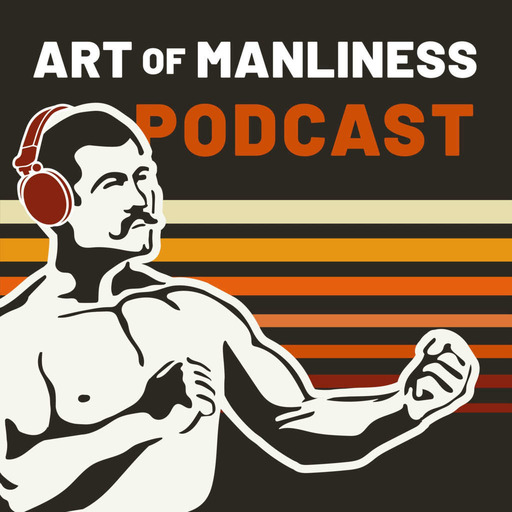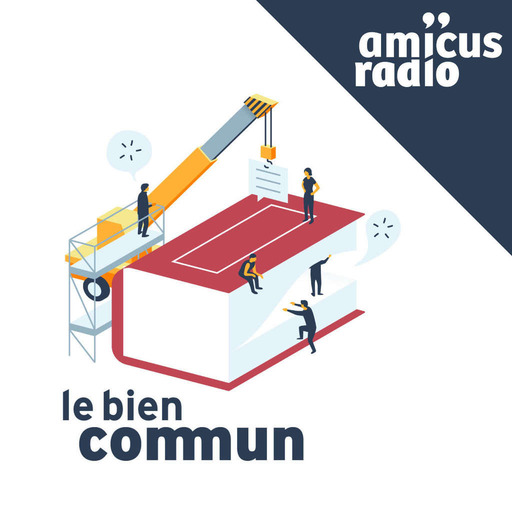Self-control, the ability to resolve a conflict between two competing desires, is frequently touted as the golden key to success. But many of the most popular ideas about self-control are actually at odds with how it really operates.
Here to unpack some of the lesser-understood and counterintuitive ideas around discipline and willpower is Michael Inzlicht, a professor of psychology who has studied the nature of self-regulation in depth. In the first part of our conversation, Michael unpacks the popular ego depletion model of willpower and how it hasn't held up to scientific scrutiny. We then turn to the surprising fact that the people who seem to exhibit a lot of self-control don't actually exercise a lot of discipline and restraint in their lives, that the achievement of goals is more a function of having virtuous desires, and what contributes to having those desires.
Resources Related to the Podcast
- Related studies:
- Perceived Mental Fatigue and Self-Control
- A Multilab Preregistered Replication of the Ego-Depletion Effect
- Everyday Temptations: An Experience Sampling Study of Desire, Conflict, and Self-Control
- New Zealand Study on Trait Self-Control
- The Moralization of Effort
- The Mundanity of Excellence
- The Identity Model of Self-Regulation
- The Effort Paradox: Effort Is Both Costly and Valued
- AoM Podcast #961: The Mundanity of Excellence
- AoM Article: Motivation Over Discipline
- AoM Article: ¿Tienes Ganas?
- Sunday Firesides: What Looks Like Grit, Is Often Fit
- AoM Article: What Do You Want to Want?


 Emissions
Emissions











